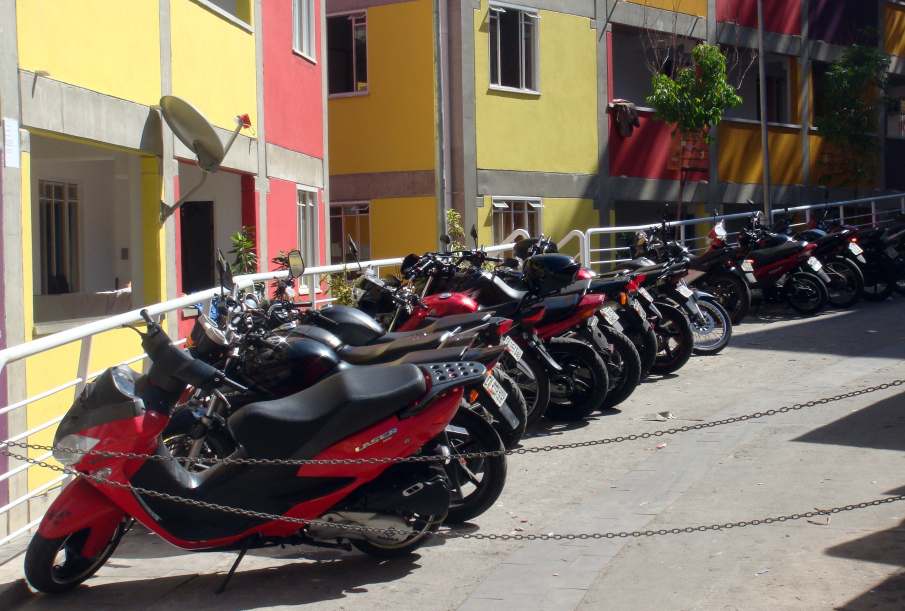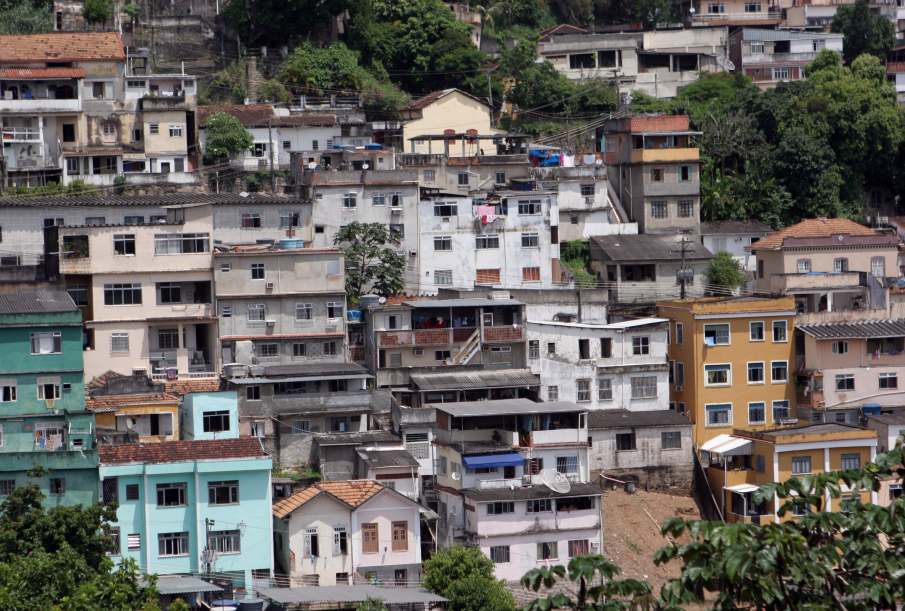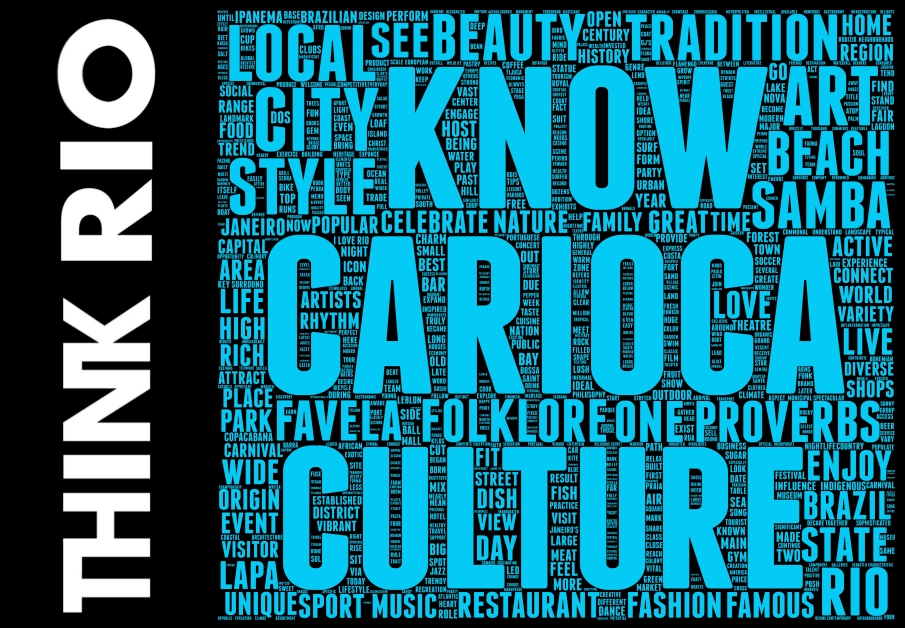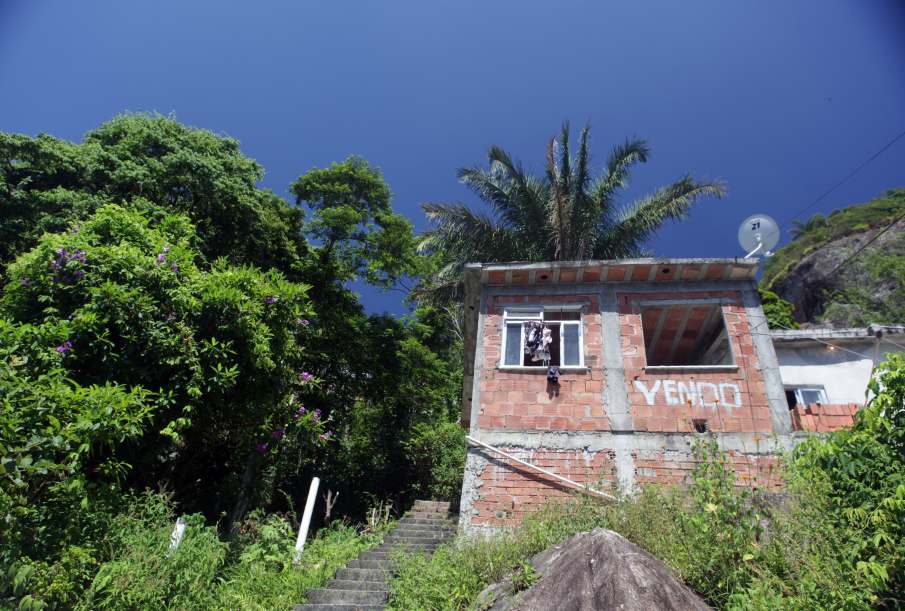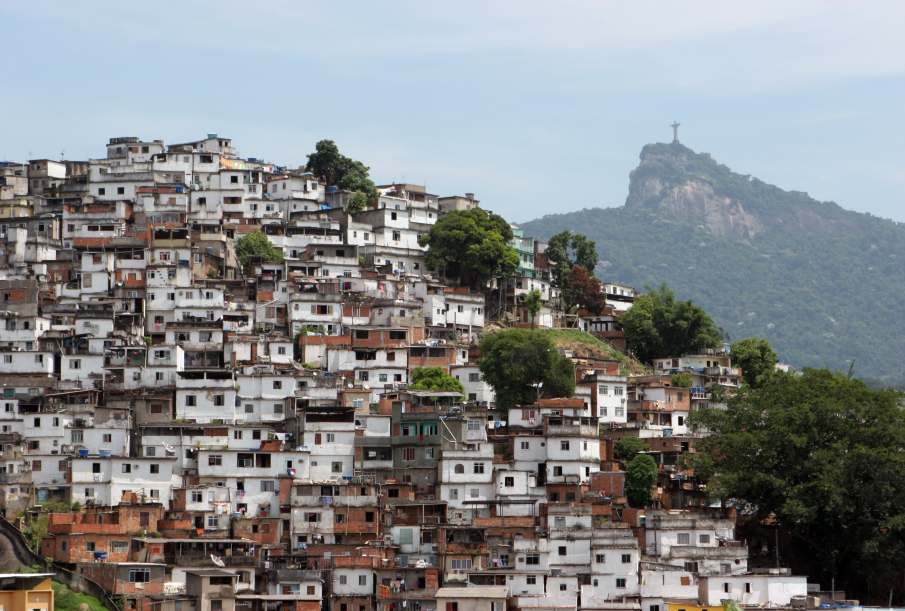

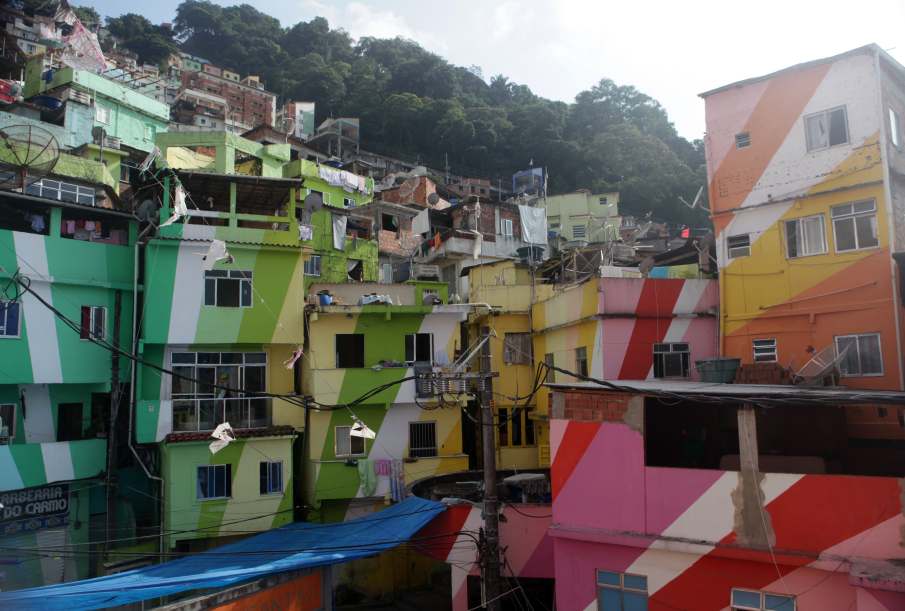
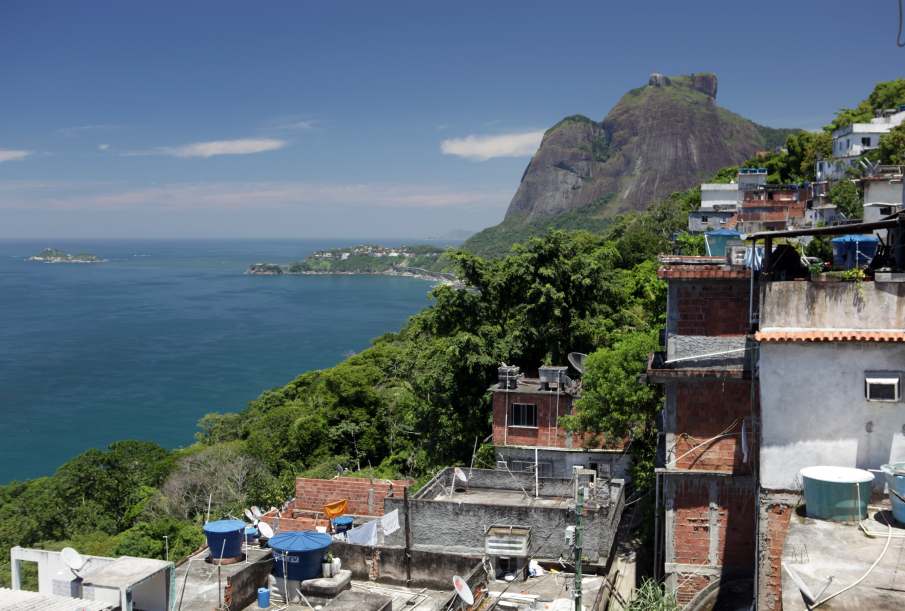
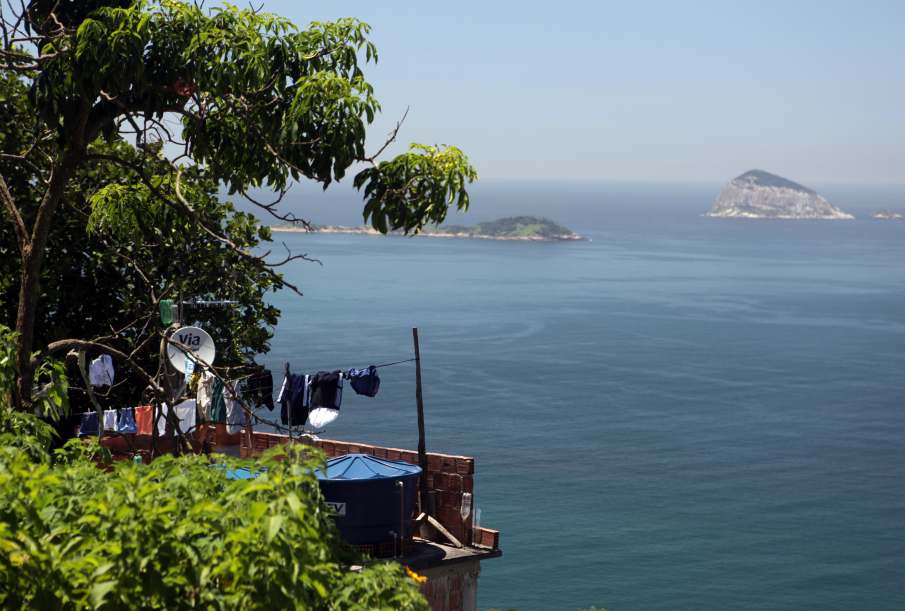
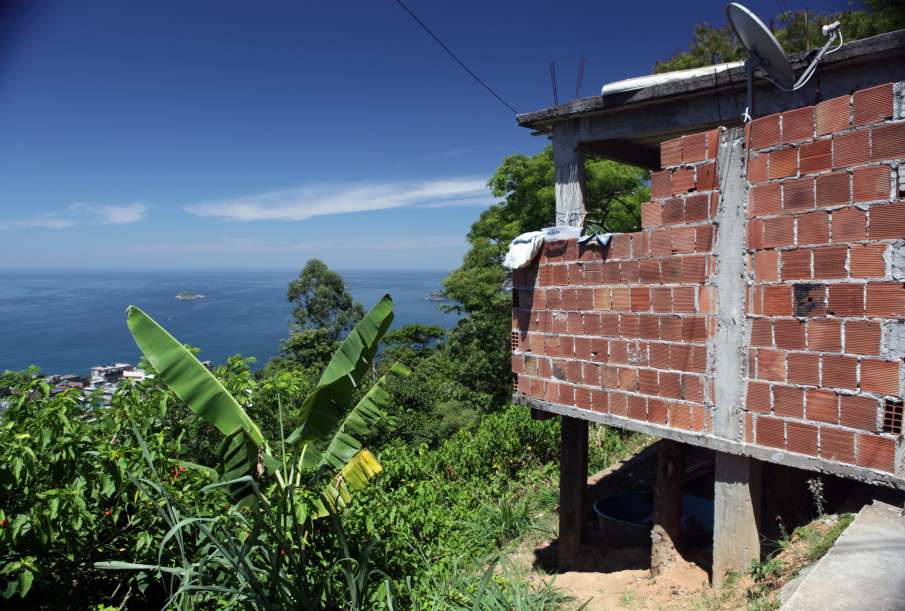
Disque Denúncia (Hotline) emerged in the 1990s when Rio was going through a difficult moment in public safety, with kidnapping rates the highest in the country. Business and community leaders came together to address the problem through the creation of a community call center.
The idea was that anyone could call anonymously to report about criminal activity in the city. Anonymity has been essential to the process as it encourages the population to participate in the fight against crime without fear of repercussions to their safety. To this end, calls are never tracked or recorded.
Over time, the Hotline developed an incentive scheme where rewards would be offered to people who brought specific information to the authorities. The population has responded on masse to these offers, making it a widely successful method for combating apathy and fear.

